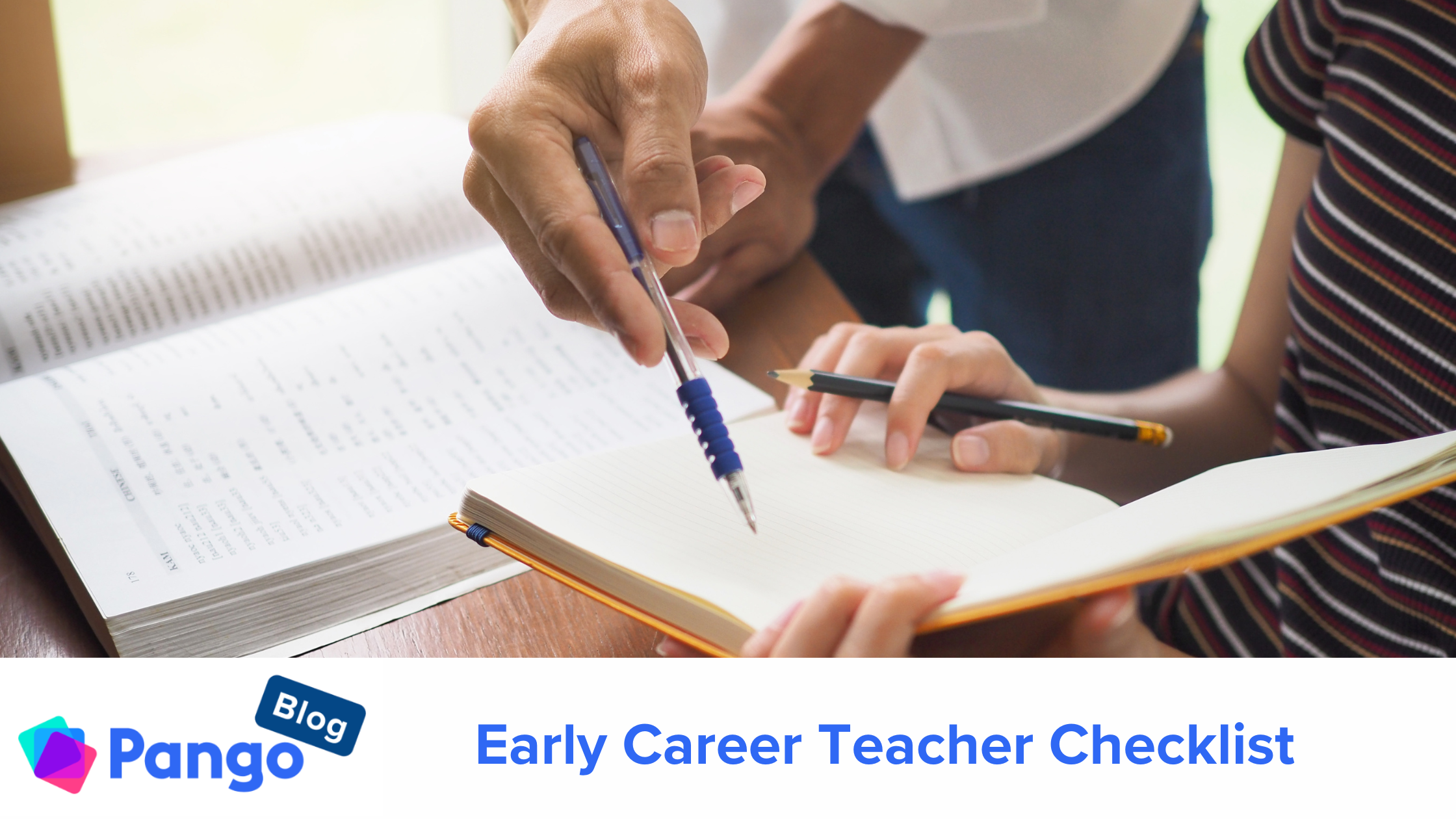Teaching in Primary Schools
.jpg)
Teaching in primary schools is a unique and rewarding experience. As educators, we have the privilege of shaping young minds and laying the foundation for lifelong learning. This blog will explore various aspects of teaching in primary schools, offering insights, tips, and reflections on this wonderful journey. It is useful for new and experienced teachers alike.
Table of Contents:
- What is the Role of a Primary School Teacher?
- How can Primary Teachers Create a Positive Learning Environment?
- How Can the Use of Play Support Learning for Primary Students?
- What Impact do Primary Teachers have on Students?
- What are the Rewards of Primary Teaching?
- What are the Challenges of Primary Teaching?
What is the Role of a Primary School Teacher?
Primary school teachers play a crucial role in the development of children. They are not just educators, but also mentors, carers and role models. A teacher's influence extends beyond academic knowledge, fostering social skills, emotional growth, resilience and wellbeing, and a love for learning.
How Can Primary Teachers Create a Positive Learning Environment?
A positive learning environment is essential for student success. This involves creating a classroom atmosphere where students feel safe, respected and encouraged to express themselves. Strategies you may use in your primary classroom include:
- Setting clear expectations and rules.
- Encouraging positive behaviour with praise and rewards.
- Designing a classroom layout that promotes engagement and collaboration.
How Can the Use of Play Support Learning for Primary Students?
Play is a fundamental aspect of learning in primary education. It helps children develop critical thinking, problem-solving skills and social interactions. Incorporating play into the curriculum can be achieved through:
- Using games to teach concepts in a fun and interactive way.
- Allowing children time to explore and play independently.
- Designing activities that align with learning objectives.
What Impact Do Primary Teachers Have on Students?
Teacher's lay the groundwork for students' future success, instilling a love for learning and a sense of curiosity. By embracing innovative strategies, fostering positive relationships and engaging with the community, teachers can create a dynamic and supportive learning environment that benefits all students.
Primary school teachers are instrumental in building the foundational knowledge and skills that students will use throughout their educational journey. They introduce students to essential subjects such as reading, writing, mathematics and science, laying the groundwork for future learning. Primary teachers support students for future success by:
- Teaching reading and writing skills that enable students to access and understand information.
- Introducing basic mathematical concepts and problem-solving techniques.
- Encouraging a love for learning and intellectual curiosity through engaging and interactive lessons.
Social and Emotional Development
The classroom is a primary social environment where children learn to interact with their peers and adults. Teachers influence students' social and emotional development by:
- Demonstrating kindness, respect and empathy, setting examples for students to follow.
- Helping students build friendships and resolve conflicts, promoting a positive social environment.
- Providing a safe space for students to express their feelings and offering guidance to manage emotions.
Developing Critical Thinking and Problem-Solving Skills
Teachers encourage critical thinking and problem-solving skills by:
- Promoting questioning and exploration to solve problems and understand concepts.
- Facilitating group work that requires teamwork and collective problem-solving.
- Connecting lessons to real-life situations, helping students apply their knowledge practically.
What Are the Rewards of Primary Teaching?
Teaching in primary schools is an incredibly rewarding profession that offers a unique blend of personal and professional fulfilment. One of the most significant rewards is witnessing the growth and development of students. Seeing children grasp new concepts, develop essential skills and achieve milestones provides a deep sense of accomplishment. The ability to influence young minds and lay the foundation for their future education and personal development is both a privilege and a responsibility.
Building meaningful relationships with students is another major reward of primary teaching. The bonds formed between teachers and students often extend beyond the classroom, fostering an environment of trust and respect. These relationships not only enhance the learning experience but also provide emotional satisfaction as teachers see the long-term impact of their guidance.
Additionally, primary teaching allows for creative fulfilment and continuous personal growth. Teachers have the opportunity to design engaging lessons, create interactive activities and find innovative solutions to classroom challenges. This creativity keeps the job dynamic and interesting.
What Are The Challenges of Primary Teaching?
Diverse Learning Needs
One of the primary challenges faced by primary school teachers is managing the diverse learning needs of their students. In any given classroom, there can be a wide range of abilities, learning styles, and backgrounds. Teachers must differentiate their instruction to cater to these varied needs, which requires significant planning, creativity and flexibility. This diversity can be particularly challenging when resources are limited or when support for students with special educational needs (SEND) or for whom English is an additional language (EAL) are not fit for purpose.
Behaviour Management
Managing classroom behaviour is another significant challenge in primary teaching. Young children are still developing self-regulation and social skills, which can lead to disruptive behaviours. Teachers must establish clear rules and routines, use effective behaviour management strategies and often address underlying emotional or social issues during classroom time. Balancing discipline with empathy and creating a positive classroom environment requires patience, consistency and a deep understanding of child development.
Administrative and Workload Demands
The administrative and workload demands placed on primary school teachers are considerable. Beyond classroom teaching, teachers are responsible for lesson planning, marking, parent communication and attending meetings. Additionally, they often have to implement new curriculum standards and assessments, which can add to their workload. These demands can lead to long working hours and significant stress, impacting their work-life balance and overall wellbeing.
Don't forget to speak to your line manager if you're feeling overwhelmed or require additional support.
How Does Pango Support Primary Teachers?
Save valuable time on lesson planning with Pango. Our extensive library of educational resources sourced from leading publishers, coupled with our powerful AI tools, transforms what used to take hours into mere minutes. Whether you need a quick quiz to assess students at the end of a lesson or to create presentation slides for an upcoming activity, our high-quality content is easily accessible with just a click. Start today with a 7-day free trial to explore all our premium resources, and let us support your through your teaching career.


.jpg)